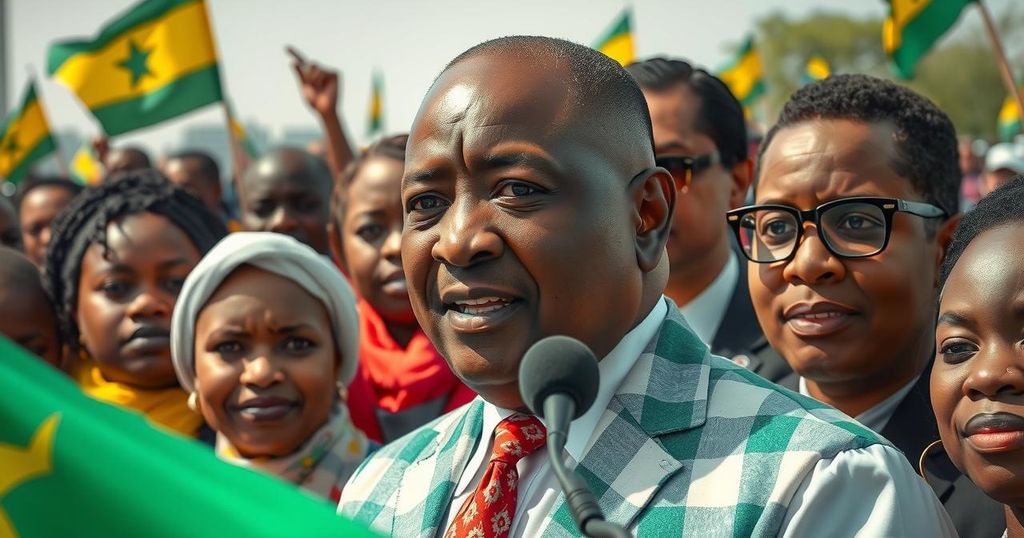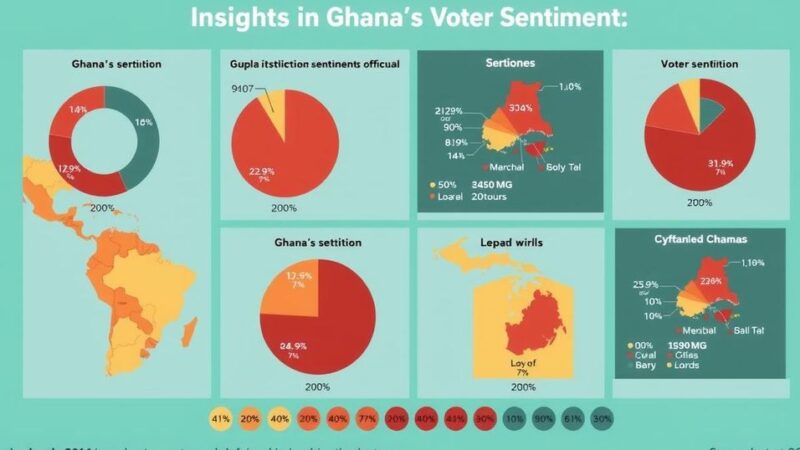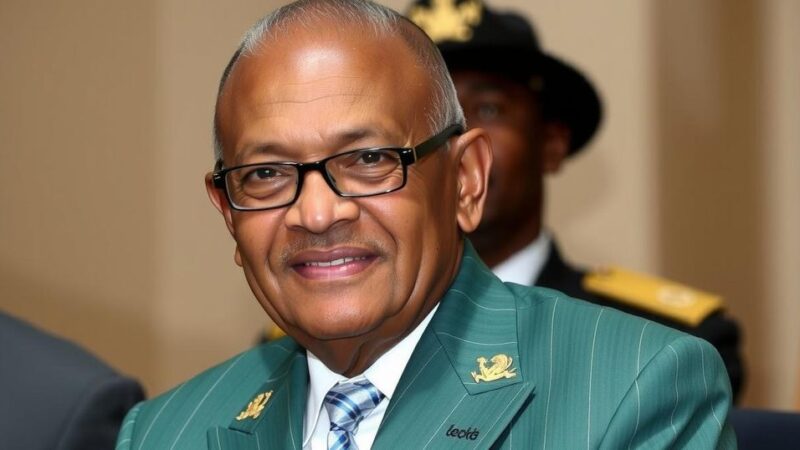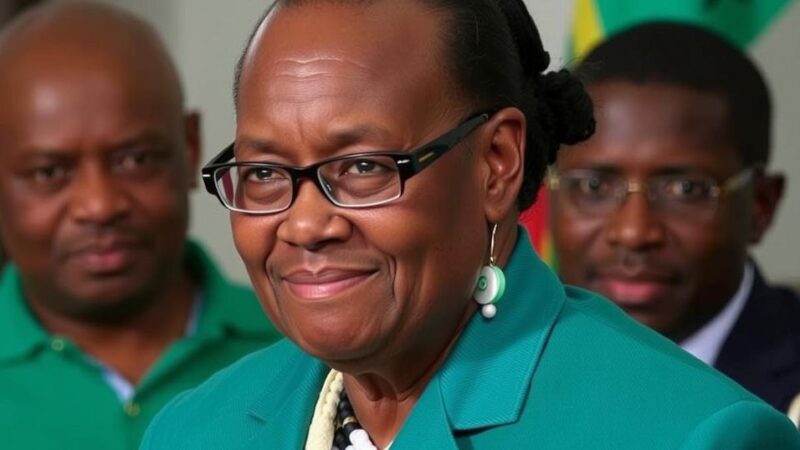John Mahama returned to the presidency of Ghana with high voter expectations following a landslide victory. He faces immense pressure to improve the economy, create jobs, and eliminate unpopular taxes. The upcoming administration aims for significant reforms, including governmental efficiency and accountability amidst past criticisms of corruption. Mahama’s ability to fulfill these promises will be crucial to regain public confidence after a challenging economic period.
Former President John Mahama has returned to power in Ghana following a decisive election victory, receiving 56.6% of the votes against his opponent, Vice-President Mahamudu Bawumia. With this return after eight years in opposition, expectations among the electorate are notably high, particularly regarding economic reforms, job creation, and the reduction of what Ghanaians refer to as “nuisance taxes.” Voter turnout was lower than in previous elections, hinting at disillusionment among some supporters of the outgoing party.
As the new leader, Mahama faces significant challenges as he aims to remedy a faltering economy compounded by a recent cost-of-living crisis. Economic expert Prof. Godfred Bokpin emphasizes the necessity for credible leadership and efficient governance to navigate the current economic difficulties. Mahama has pledged to streamline his cabinet and make appointments based on merit rather than political loyalty, suggesting a focus on effectiveness.
An additional noteworthy development within his administration is the anticipated appointment of Naana Jane Opoku-Agyemang as Ghana’s inaugural female vice-president. Analysts commend her capability, indicating her potential to contribute significantly to governance. Mahama’s previous administration was heavily critiqued for mounting corruption allegations, which he aims to address with promises of accountability and enhanced judicial processes.
To alleviate unemployment, which stands at nearly 15%, Mahama has committed to create various job opportunities, including night-time jobs, complemented by tax incentives for businesses operating during these hours. Nevertheless, skepticism persists regarding the realization of these ambitious fiscal promises, given the economic landscape. Critics have pointed out potential pitfalls based on past crises and the challenges of implementing tax cuts amid budget constraints.
In light of these challenges, Mahama remains resolute, asserting his intention to renegotiate terms with the International Monetary Fund (IMF) to allocate funds toward social programs for impoverished communities. His leadership during past crises is seen as beneficial in addressing the current situation, as he prepares to take office next month, inheriting both high hopes and expectations from the populace.
As he acknowledged in his victory speech, the weight of public expectations is substantial: “Expectations of Ghanaians are very high, and we cannot afford to disappoint them.” Mahama’s commitment to addressing these issues will be instrumental in determining his administration’s success and the future direction of Ghana’s socio-economic landscape.
The recent elections in Ghana culminated in John Mahama regaining the presidency, which comes with immense expectations from the electorate. After overcoming significant public discontent with the previous government’s management of the economy, Mahama’s campaign highlighted his prior experience and promises to improve economic stability and reduce the impact of taxes perceived negatively by the citizens. Given the context of economic hardship experienced by Ghanaians, the new administration’s ability to adhere to promised reforms will be critical for public goodwill and governance effectiveness.
In summary, John Mahama’s victory heralds a new chapter for Ghana amid substantial expectations for economic reform and public accountability. His approach to governance will likely face scrutiny as he seeks to implement his promises of job creation and tax reductions while navigating the complexities imposed by the current economic situation. The administration’s success will ultimately rely on a blend of effective management, public trust, and robust economic strategies.
Original Source: www.bbc.co.uk







